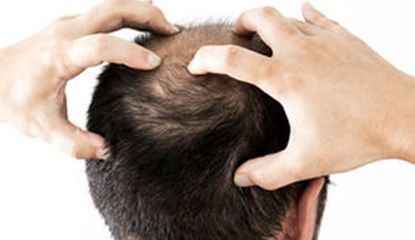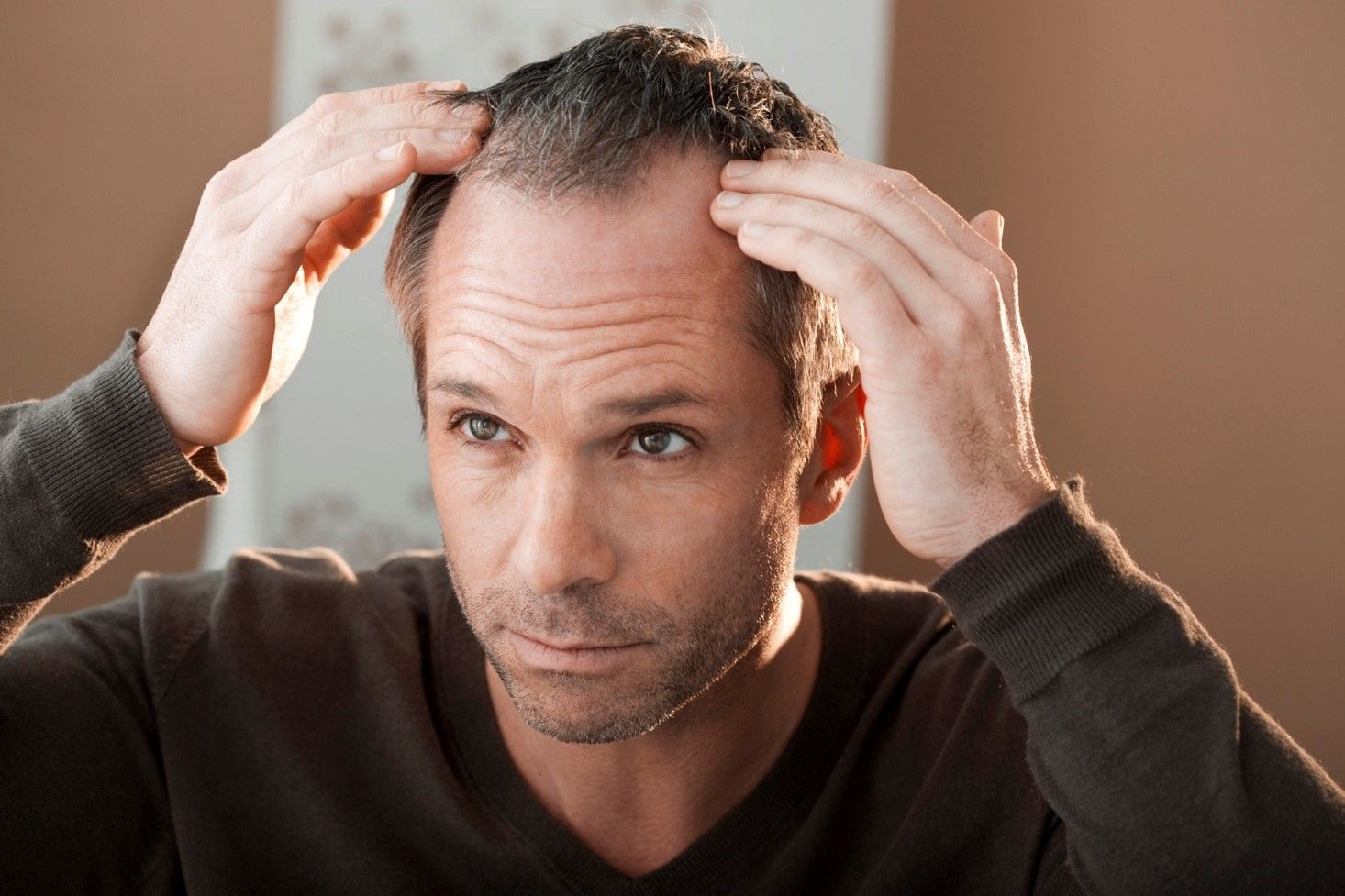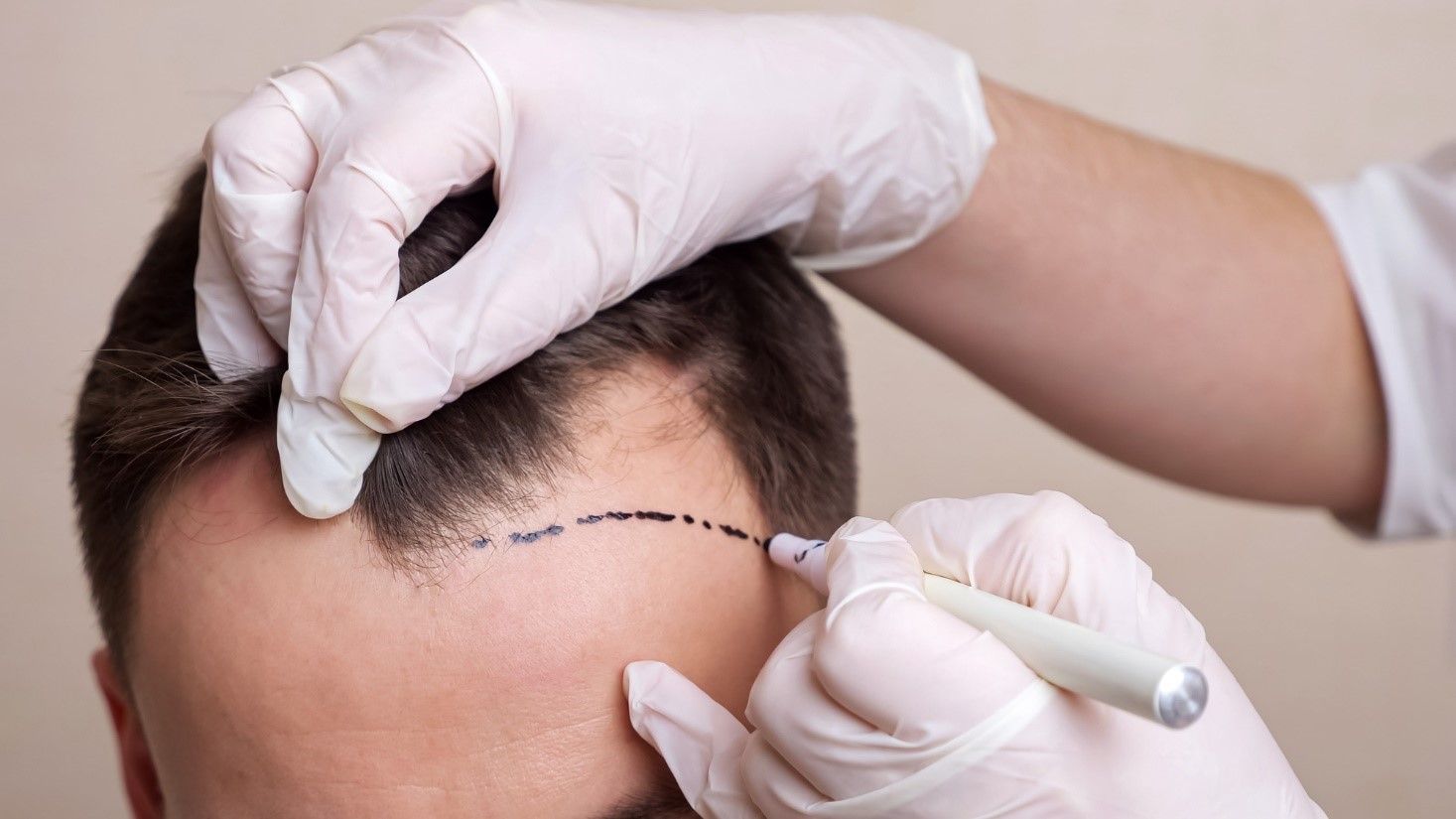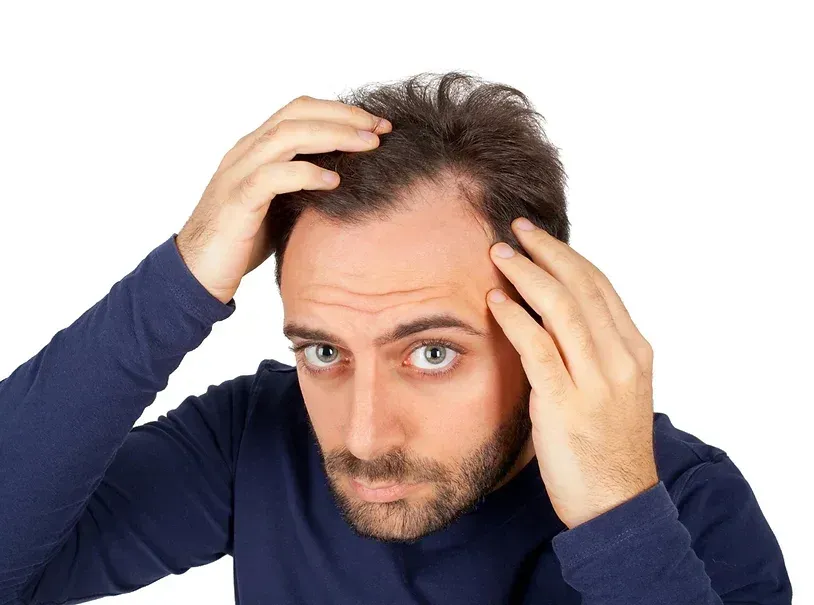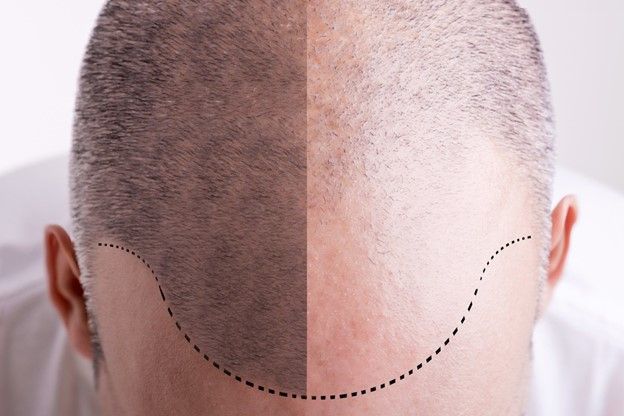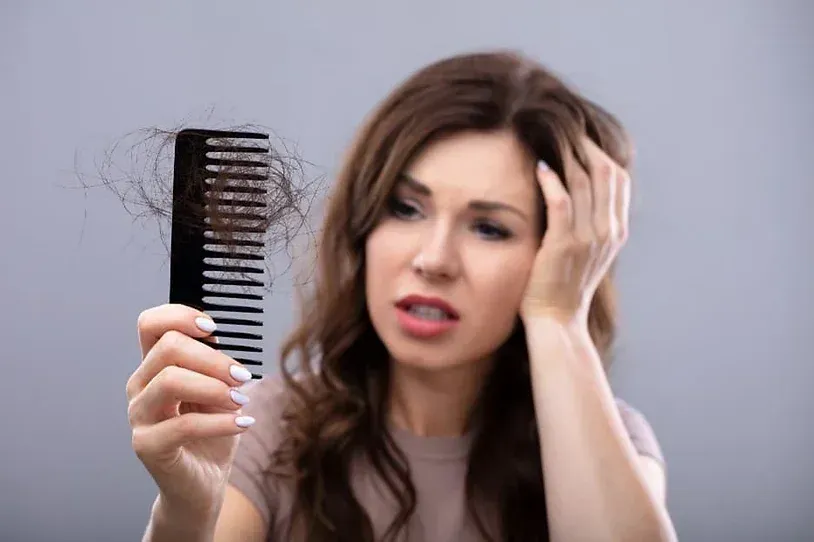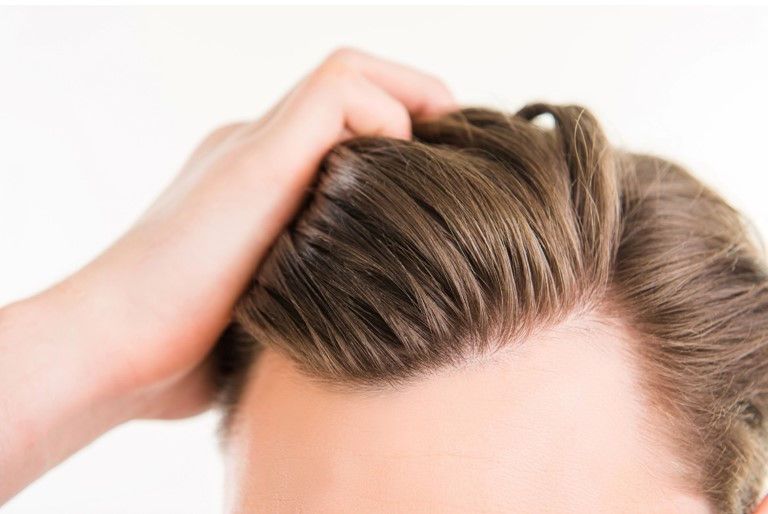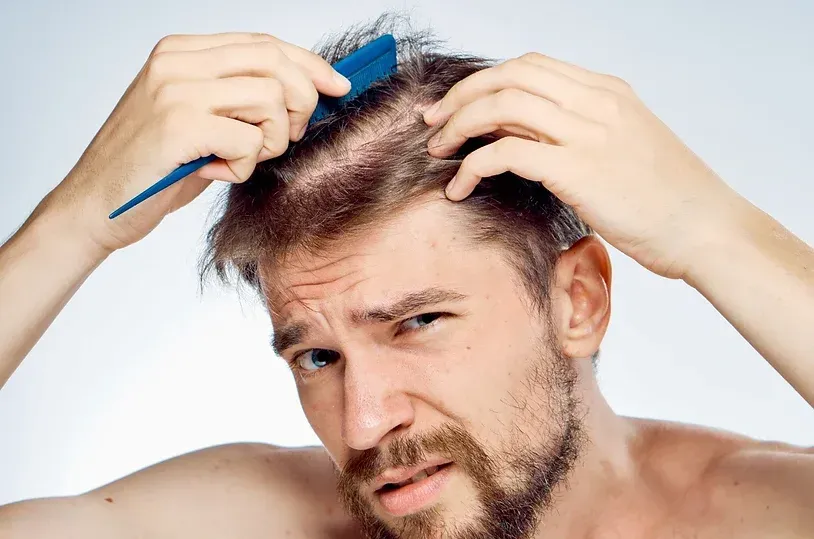Traction Alopecia and Hair Loss
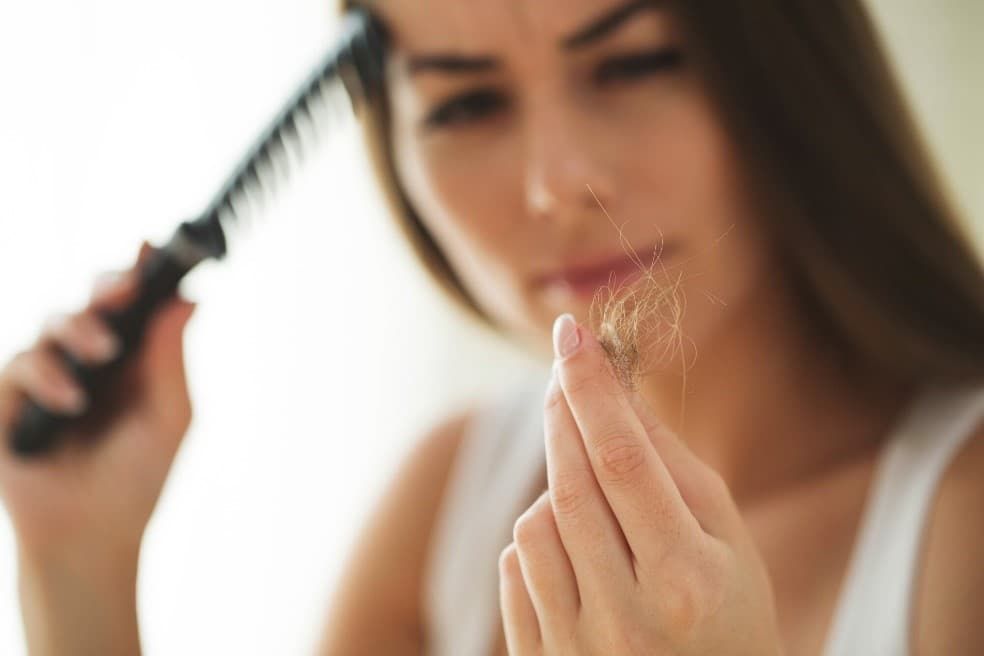
There are a lot of misconceptions about female hair loss. Some people think that only men will deal with hair loss. The truth is that all men and women will face some level of hair loss as they get older.
Of course, such staggering numbers show that there are many treatments for hair loss. There are many different kinds of hair loss, and each type has a treatment.
Many women suffer from traction alopecia without realizing it. Could traction alopecia be the cause of your hair loss? If it is, how can you treat it?
Read the blog to learn about traction alopecia and how you can manage it.
Is Your Hair Loss the Result of Traction Alopecia?
All hair loss is not caused by traction alopecia; however, there are some indications that can help you determine whether traction alopecia is the reason for your hair loss.
For example, if your scalp suffers from itching or redness, that may be the result of traction alopecia. If you find many short and broken hairs, that can also suggest that traction alopecia is responsible for your hair loss.
Adjust Your Hairstyle to Treat Hair Loss
Traction alopecia is often the result of pulling on your hair too much. Some hairstyles, such as braids, tight ponytails, or buns, pull on your hair constantly. Women that have tight curly hair that use relaxing solutions to take the curl out and then use hot combs to straighten the hair can, over time, experience permanent hair loss. This is especially seen at the frontal hairline areas of the scalp.
In many cases, you can prevent further hair loss by changing your hair arrangement, which is less pulling on your hair. You can wear your hair in a high ponytail or tight bun, but try not to do it all the time.
Use Products on Your Scalp
There are a number of products you can apply to your scalp to help prevent or reverse hair loss. This can include products like minoxidil, which many people know as rogaine.
If there are signs of an infection or inflammation on the scalp, your physician may prescribe an antibiotic or corticosteroid to help create a healthy environment on your scalp for hair growth.
There are treatments that inject medicine or platelet-rich plasma into your skin. These can sometimes facilitate hair growth on your scalp.
Female Hair Transplant
If you want to reverse your hair loss, you may consider a hair transplant. The treatments for Traction Alopecia can sometimes slow down or stop hair loss; however, they do not restore hair that is already gone. If you are considering a hair transplant, visit the trusted hair loss and hair transplant clinic for more information.
Female Hair Loss Treatment In Toronto
Dr Paul Cotterill has offered hair restoration and transplantation for males, females and transgender in Toronto for over 35 years. We offer hair transplants, PRP treatment, and Pharmaceutical medication. Contact us to learn more about how we can help you or book a complimentary consultation.

